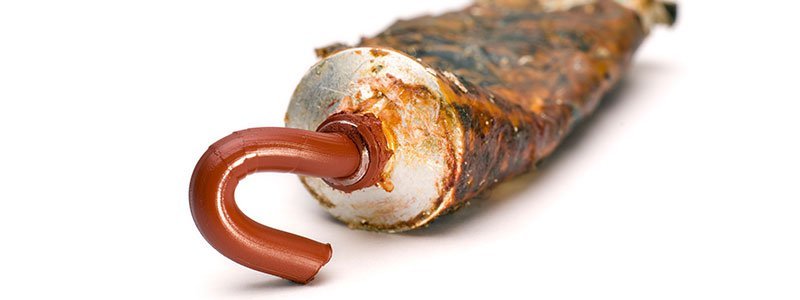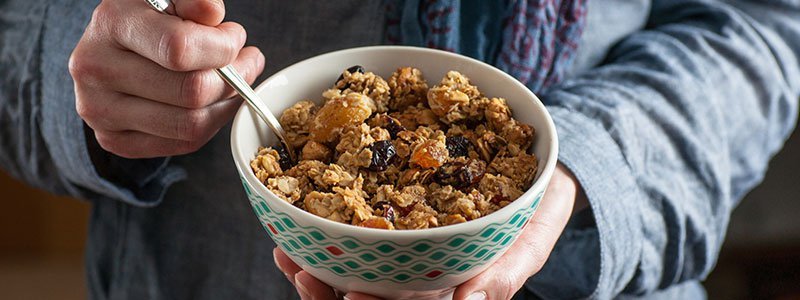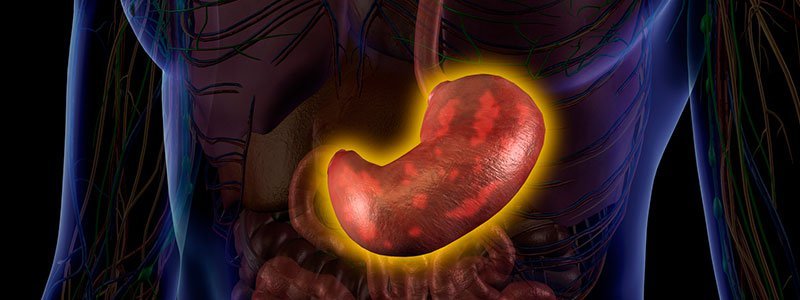The Truth About Poop: Test Your IQ (answer)
Answers FAQ
The Truth About Poop: Test Your FAQs
Test your Knowledge!
- What is the shape of a healthy poop?
- How long does it usually take for the foods you eat to pass in your stool?
- Healthy stool is always brown in color. True or false?
- Toxins can build up in the body if you don’t have a bowel movement every day. True or false?
- A bowel movement can cause dizziness. True or false?
- Fat in the stool can cause it to float. True or false?
- Black, tarry stool may be a sign of cirrhosis. True or false?
- What foods help with constipation?
- What is the most common cause of streaks of blood on toilet paper?
- A fecal transplant is a common medical procedure. True or false?
- Improve your Health I.Q. on The Truth About Poop: Test Your
- The Truth About Poop: Test Your Related Slideshows
- The Truth About Poop: Test Your Related Image Collections

Q:What is the shape of a healthy poop?
A:Healthy stool can be S-shaped, long and smooth, and even like a thick sausage with cracks on the surface.
The appearance of stool depends on several factors, including water and fiber intake, your diet and any medications you take, as well as how long the stool is in your colon.
Stool that is hard to pass and separate hard lumps, or like sausage but lumpy may indicate constipation. Stool that is easy to pass and is soft blobs with clear cut edges, fluffy pieces with ragged edges, or watery indicates diarrhea.

Q:How long does it usually take for the foods you eat to pass in your stool?
A:In healthy adults, it can take 1 to 3 days for food you eat to reach the colon.
The time it takes for food you've eaten to travel from your mouth to your colon is called the food transit time. The transit time varies greatly among individuals, and also depends on the foods you've eaten.

Q:Healthy stool is always brown in color. True or false?
A:False. While stool color is typically brown, changes in stool color are often due to changes in diet or certain medications and are harmless.
Green-colored stool may be caused by green leafy vegetables or foods with green food coloring, red-colored stool may be caused by tomatoes or beets, and black stool may be caused by ingesting black licorice or bismuth (Pepto-Bismol).
In some cases, stool color changes can indicate health problems such as intestinal bleeding or ulcers (black), Crohn's disease or infections (maroon or purple), hemorrhoids or colon polyps (bright red), liver problems (clay-colored), or pancreatic problems (pale yellow).

Q:Toxins can build up in the body if you don’t have a bowel movement every day. True or false?
A:False.
It is a common misconception that toxins in the stool can build up and make a person sick. In healthy individuals, bowel movements expel waste and toxins form the body. Normal stool frequency can range from three bowel movements per day to three per week in healthy adults.
See a doctor if you have fewer than three bowel movements per week as it can be a sign of other medical conditions such as irritable bowel syndrome (IBS), colon cancer, or diabetes.

Q:A bowel movement can cause dizziness. True or false?
A:True.
Passing a large stool can stimulate the vagus nerve, that, among other functions, connects the gut to the brain. The stimulation of the vagus nerve triggers a drop in heart rate and blood pressure that can result in dizziness and lightheadedness, and in some people, fainting (vasovagal syncope). This is not usually considered a dangerous condition.

Q:Fat in the stool can cause it to float. True or false?
A:True. In general, stool that floats is normal and is usually not a cause for concern. Common causes of floating stool include eating a high fiber diet and gas in the stool.
Less commonly people with malabsorption disorders have high amounts of fat in the stool that can cause it to float. Some types of malabsorption disorders include lactose intolerance, Crohn's disease, and liver disease.
See a doctor if floating stool also appears fatty or greasy and lasts for a week or more, you have chronic diarrhea or constipation, the stool is pale in color, or you experience unexplained weight loss.

Q:Black, tarry stool may be a sign of cirrhosis. True or false?
A:True.
Black stool that is not sticky and has a normal odor may be harmless and caused by eating foods such as black licorice or blueberries, taking iron supplements, or using medications such as bismuth (Pepto-Bismol).
However, if stool is black and also tarry stool it should always be checked by a doctor. It can be due to upper gastrointestinal bleeding, such as from a peptic ulcer, abnormal blood vessels, inflammation of the stomach lining (gastritis), trauma or a foreign body, a tear in the esophagus from violent vomiting (Mallory-Weiss tear), cut off blood supply to a part of the intestines, or overgrown veins in the esophagus and stomach.

Q:What foods help with constipation?
A:There are plenty of foods that can help relieve constipation, such as high fiber fruits and vegetables.
Good choices include:

Q:What is the most common cause of streaks of blood on toilet paper?
A:Bright red blood on toilet paper after a bowel movement is usually caused by hemorrhoids, which are swollen or enlarged veins in the lower rectum or around the anus.
Straining during a bowel movement may cause these veins to bleed, resulting in bright red blood on toilet paper after you wipe. In some cases, blood on toilet paper may be caused by anal fissures, which are small tears in the lining of the anus. Blood on toilet paper may also be caused by simply wiping too hard. Use softer toilet tissue and wipe more gently.
Less commonly, rectal bleeding may be caused by inflammatory bowel disease or colorectal cancer, so it's important to see a doctor if you spot blood on the toilet paper after a bowel movement.

Q:A fecal transplant is a common medical procedure. True or false?
A:True.
A fecal transplant (also called fecal microbiota transplant or FMT), is a procedure in which donor stool is placed in a recipient, by colonoscopy, endoscopy, sigmoidoscopy, or enema. This procedure is usually performed on patients affected with an overgrowth of a bad gut bacterium, Clostridium difficile (C. diff.), which can lead to a condition called C. diff. colitis that results in debilitating and sometimes fatal diarrhea.
Source quiz on MedicineNet
Improve your Health I.Q. on The Truth About Poop: Test Your
The Truth About Poop: Test Your Related Slideshows
- Worst Foods for Digestion
- What Your Poop Type and Color Mean
- Inflammatory Bowel Disease
- See All Slideshows

